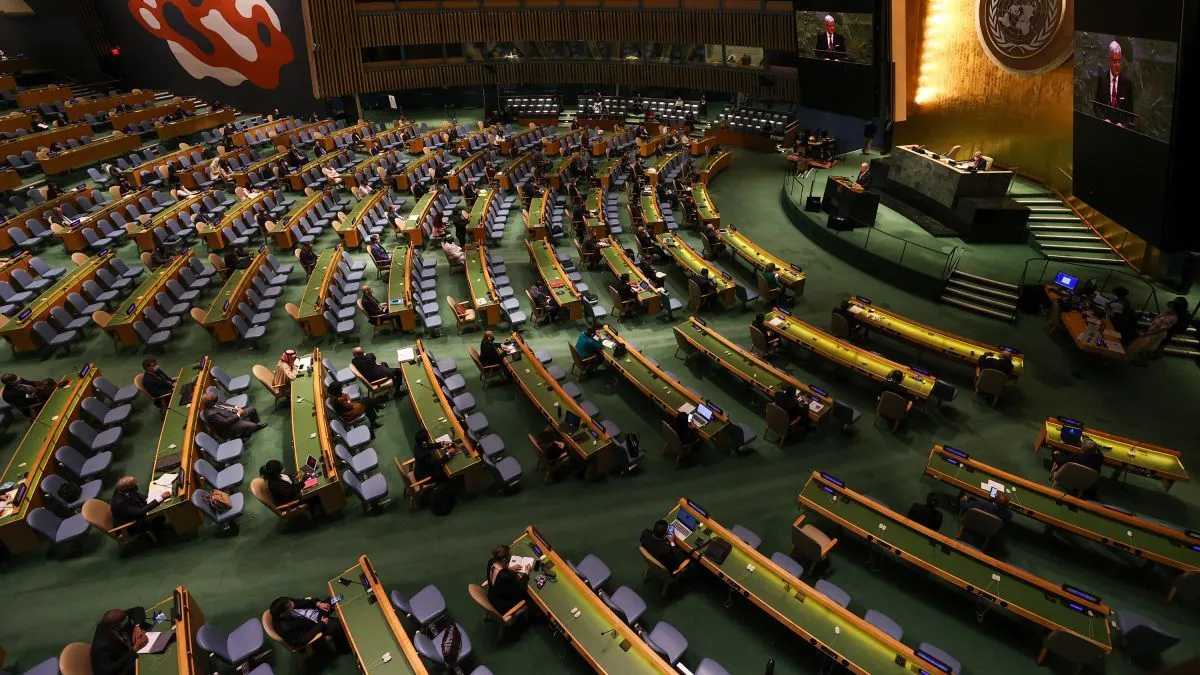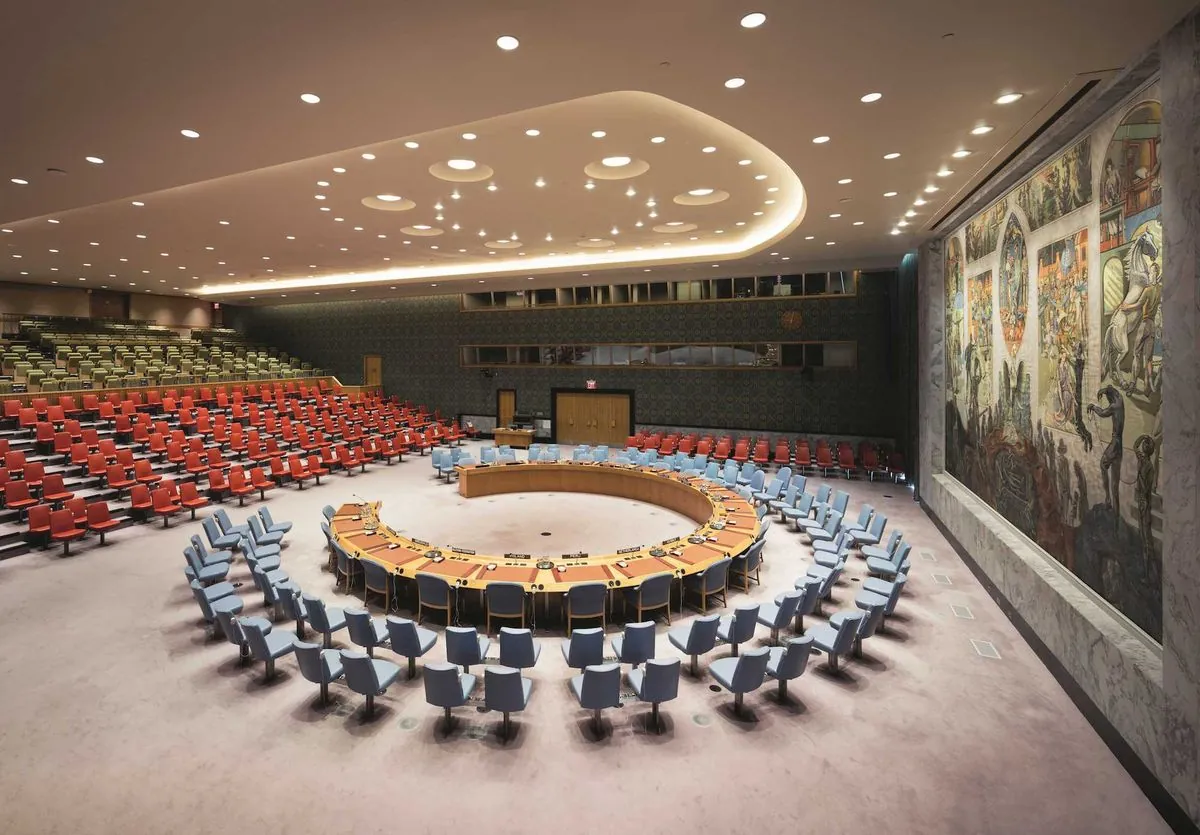UN Adopts "Pact of the Future" to Address Global Challenges
The UN General Assembly approves a comprehensive plan to tackle 21st-century issues. The "Pact of the Future" aims to unite nations in addressing climate change, AI, conflicts, and inequality.

On September 22, 2024, the United Nations General Assembly approved the "Pact of the Future," a comprehensive blueprint aimed at addressing global challenges of the 21st century. This 42-page document outlines strategies to tackle issues such as climate change, artificial intelligence, escalating conflicts, and increasing inequality.
The pact was adopted at the opening of the two-day "Summit of the Future," convened by UN Secretary-General Antonio Guterres. The approval process was not without tension, as Russia proposed amendments that would have significantly weakened the pact. However, these amendments were rejected, with only six countries supporting Russia's position.
The "Pact of the Future" includes 56 actions covering various global issues. Key provisions include:
- Reform of the UN Security Council
- Commitment to nuclear disarmament
- Establishment of an Independent International Scientific Panel on AI
- Measures to respond to complex shocks like pandemics
- Inclusion of young people in decision-making processes
- Removal of barriers preventing women and girls from fulfilling their potential

The pact's adoption marks a significant milestone for the United Nations, which has been working towards global cooperation since its establishment in 1945. With 193 member states, the UN continues to serve as a platform for international dialogue and action.
Secretary-General Guterres emphasized the importance of implementing the pact, stating, "We are here to bring multilateralism back from the brink. Now it is our common destiny to walk through it. That demands not just agreement, but action."
The approval of the "Pact of the Future" aligns with the UN's ongoing efforts to achieve its 17 Sustainable Development Goals by 2030. These goals, along with the newly adopted pact, demonstrate the organization's commitment to addressing global challenges through collaborative action.
As the UN moves forward with this new initiative, it will continue to rely on its various agencies and programs, such as the World Food Programme, which feeds more than 100 million people in 80 countries annually, and the UN Environment Programme, established in 1972 to address environmental issues on a global scale.
The adoption of the "Pact of the Future" represents a renewed commitment to multilateralism and global cooperation in the face of complex 21st-century challenges. As the world looks to the future, the success of this pact will depend on the collective efforts of UN member states to turn its promises into tangible actions that benefit the world's population of over 8 billion people.
"No one is happy with this pact."
This statement reflects the complex nature of international negotiations and the compromises required to reach a consensus among diverse nations. Despite the challenges, the adoption of the "Pact of the Future" represents a significant step towards addressing global issues through collective action and renewed commitment to multilateralism.


































